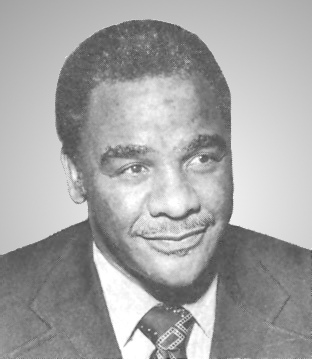I had not left home yet to go to work that day when an in-law called to tell me to turn on the television.
One heavily-fueled jet had already slammed into one tower. People were dying, desperate to be saved from whatever this was, wherever this attack came from. I was a reporter at the New York Daily News then and the biggest story in several lifetimes hit the city and I was separated from it by a river and bridges and tunnels that were blocked, with no way to get in.
I considered myself a hard-bitten reporter and I’d covered cataclysmic events, usually in other countries. But, the day after the attacks, as I walked through Lower Manhattan, I was shocked to see army tanks and heavilly-armed U.S. military personnel rumbling through the cindered city.
I quickly lost whatever degree of arrogance or pride girded my professional self. Feelings of loss, anguish and more than a little bit of dread nestled within me.
I ran into Daily News colleague Maki Becker walking toward me, coming seemingly from the deepest reaches of the disaster zone. We hugged, told each other where we were going and what we were doing, then continued on our ways.
In the days, weeks and months that followed, I remember covering funerals all over the place, in Jersey and on Long Island and in every borough–Cantor Fitzgerald traders in Passaic, New Jersey, firefighters, police officers and people from all walks of life. I was witness and chronicled those remembrances and memorials.
One of my strongest memories occurred the very day after the attacks. A friend of mine helped reunite a young family that had become separated after the attacks.
Usually, you try not to get too close to the people that you write stories about, or those who help you get those stories. You want to remain objective and keep a clear eye. In Rowena’s case, it was difficult to hew to that principle. I don’t remember when or on what story I first met Rowena but she was a bright shining light from the very first moment I met her, armed with an in infectious smile that would quickly grow into a chuckle, then a laugh.
It was impossible not to like her. So we became friends.
I may have sought her out the day after the attacks because I knew she lived not too far from the towers. Or, maybe, I just ran into her.
In the seemingly endless procession of lost people leaving those doomed towers and its neighborhoods, Rowena was busy reuniting a couple and their five-year-old son who had become separated after the attacks. Either the boy and his father were looking for his mother, or the boy and his mother were looking for his father. I forget which. Rowena came across a pair of them during the day’s tumult, cared for them in her apartment, then helped them scour the city until the whole family was reunited the next day.
The man was Egyptian and the woman was either a Swiss or German. They had met when the woman vacationed in the Egyptian resort city of Sharm el-Sheikh and, against impossible odds, had married. They were vacationing in New York City when the attackers brought death and destruction to us.
I was very moved by them, their story, which I never got to write, and by Rowena, who remained true to form.
Much, of course, happened in the intervening years since the attack. I wonder what happened to that couple and their son. Did their family grow, remained intact and thrived?
Or did the wars and the ugliness of the world that followed swallow them, too?
Me, I drifted out of journalism and out of touch with Rowena. My two sons–one was four and half years old the other was six months old–grew, with the older one growing taller than me this past summer and starting high school this fall.
Rowena got married and now lives in Brooklyn. Though we remain tethered by social network connections, we have not seen each other in years and those years have really worn away the very real connection we had.
I know wherever she is today, Rowena is brightening someone’s life, offering a hand of help or support, doing some good in the world.
My thought on this terrible anniversary is that we should all aim to be a little bit like my friend.




